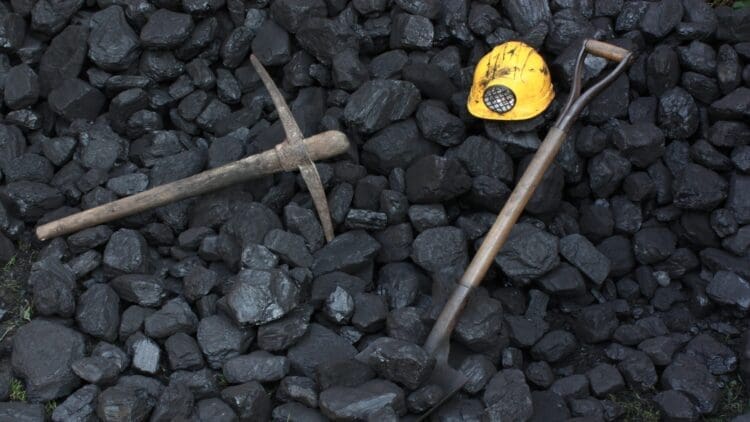The Asian coal giant, Indonesia, has removed mandatory coal pricing in an attempt to reform the market for the foreseeable future, as industry insiders lament the government over the impact of a government-mandated selling price. The operators in the coal sector in the country have long been calling for some sort of action from the government, and although it took some time, the Indonesian officials have finally bent the knee to allow market reform in the coal sector, opening the industry up to increased exports and interest from outside nations.
The coal sector in Indonesia is vital to the success of the Asian nation
The coal sector is facing an uncertain future. Some industry insiders have lamented the reduction of reliance on the coal sector that has been exacerbated by the growth of the renewable energy sector, while others have pointed to countries like the United States that have implemented sweeping measures that aim to reinvigorate the coal sector.
The evidence would suggest that Indonesia falls under the states that aim to keep the flailing coal sector alive and thriving for the foreseeable future. Taking into account that Indonesia is the world’s third-largest producer of coal and lignite, one can understand the government’s easing of pricing regulations in the sector.
The government has removed the obligation for miners in the coal sector
The Indonesian government has revealed that it has removed the obligation for miners to use government benchmark prices as the minimum price for minerals and coal sales. As of March of this year, Jakarta mandated the use of a coal benchmark price for transactions in the sector, which it stated would exercise greater control over the valuation of both domestic and export sales.
The new decree from the government allows miners to sell minerals and coal at prices below the government-set benchmarks, which has been welcomed by industry insiders. The previous benchmark was also used to calculate royalties for the sales of the essential fuel source. However, the production levies and tax obligations will continue to be calculated based on the benchmark prices.
The news underscores the oversupply issues that the coal sector is currently facing. Russia’s invasion of Ukraine has meant that global benchmark prices for fossil fuels have plunged by more than 70% since the end of 2022.
Despite the issues faced by the sector, Indonesian coal production has more than doubled since 2020. The sector has been growing at an average rate of 7% per year, reaching 833 Mt in 2024. Other nations have stated that the coal sector is facing a bleak outlook for the future.
The Stockholm Environment Institute outlined the importance of the coal industry for Indonesia.
“Coal is important for the Indonesian economy. It is a source of foreign currency and state revenues as well as employment. In coal mining regions such as East Kalimantan or South Sumatra where the majority of Indonesia’s coal is mined, coal revenues often account for more than 40 percent of provincial government’s revenues; in East Kalimantan, up to 11% of the workforce works in coal value chains.” – Stockholm Environment Institute
Other markets in Indonesia have been affected by the government-mandated prices
While some countries have opened up their coal sectors to private investment, the Indonesian sector is suffering. And the problems have reached beyond the coal sector as state-miner PT Aneka Tambang had to halt sales of ferronickel and bauxite last quarter due to buyers refusing to pay government benchmark prices. So the evidence was clear for the government to see, a change was needed to keep the nation’s coal sector alive. Will the reduction of government-mandated prices have a positive effect on the industry?





